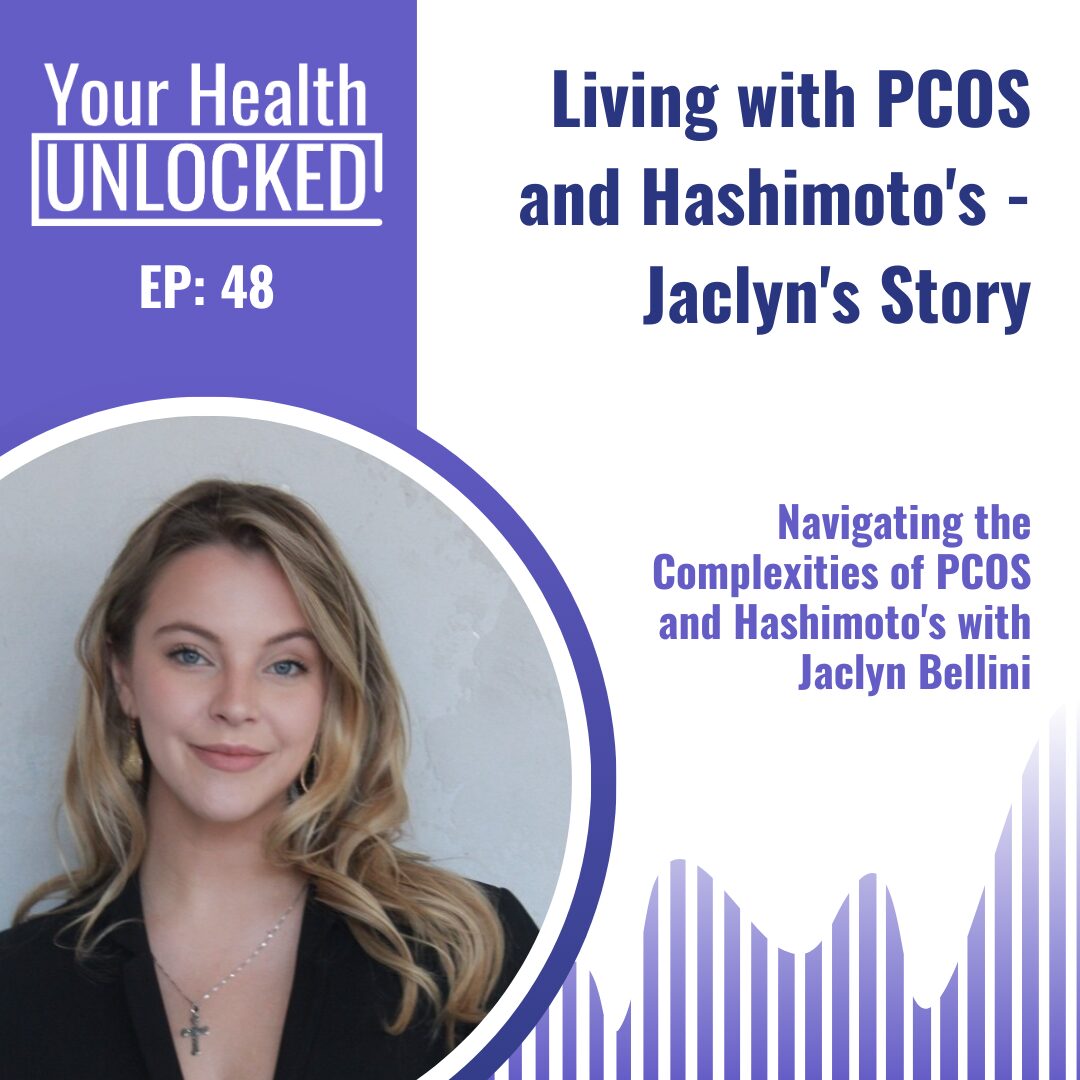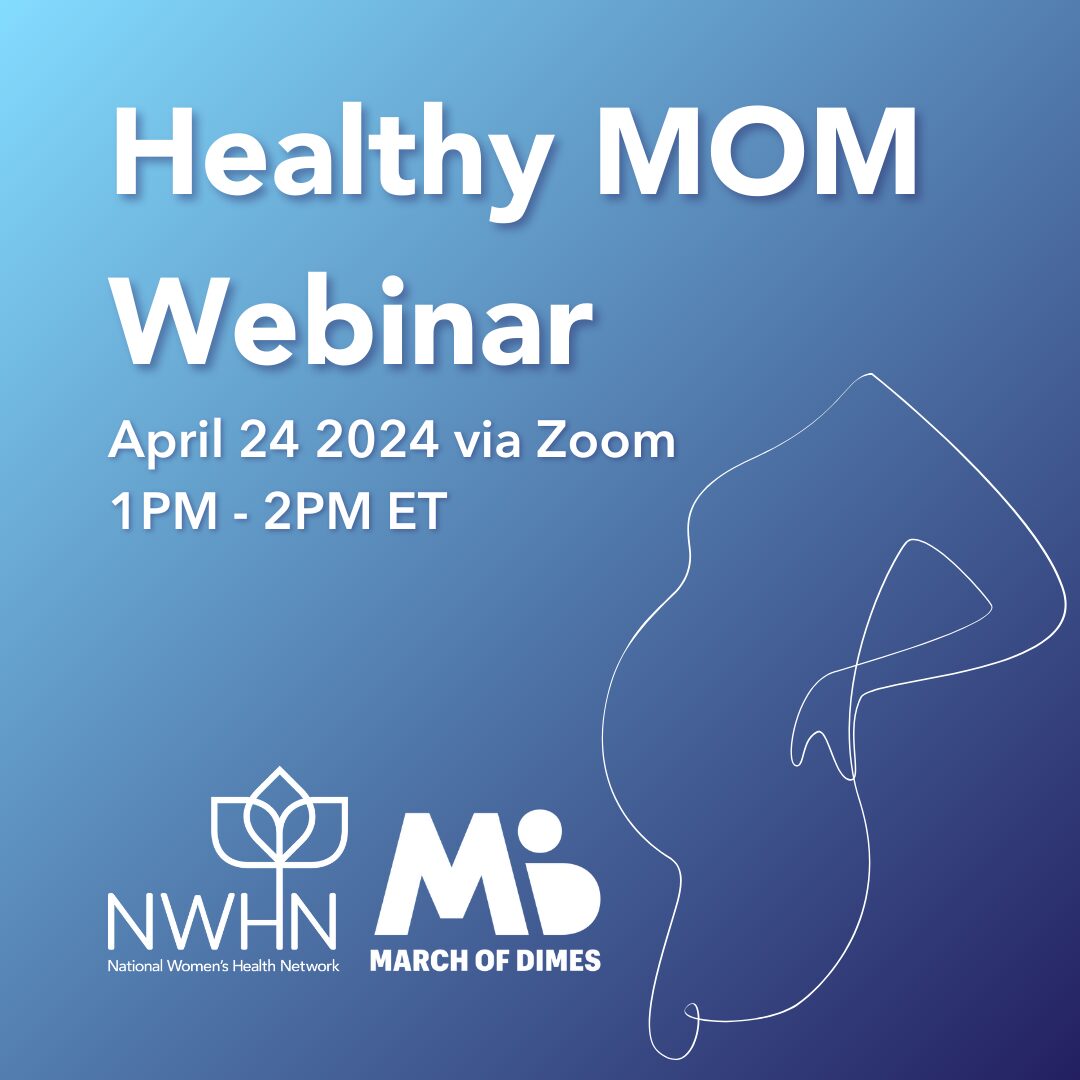Updated 2/15/2024
Polycystic ovary syndrome (PCOS) is a very common health condition for women caused by a hormonal imbalance that causes your body to produce more androgens or testosterone than usual [1]. This hormonal imbalance can affect your ovaries and lead to problems with menstruation and fertility, which can cause your eggs to develop incorrectly or not to get released during ovulation. It is also one of the most common causes of infertility in reproductive-age women. You can’t get pregnant if eggs don’t get released (ovulation).
Becoming Pregnant With PCOS
Thankfully, infertility caused by PCOS is treatable, and people with this diagnosis can ovulate and get pregnant; you might need a little extra help. It is important to remember that PCOS manifests differently depending on the person. What helps one woman manage her PCOS symptoms and get pregnant may not work for everyone. There are several options to help you start ovulating and get pregnant, and finding the one that works for you can take some time. The first recommendation most physicians give is to lose weight. This can be difficult because weight gain is a common symptom of PCOS. But, if you are overweight or obese, losing weight can help make your menstrual cycle more regular and improve fertility [1].
There are a few different medications that can improve fertility for those with PCOS. Clomiphene (brand name Clomid) is a medication used to induce egg production (ovulation) [2]. This is the medication recommended by the American College of Obstetricians and Gynecologists (ACOG) to treat infertility caused by PCOS. Metformin is an insulin-sensitizing drug used to treat diabetes [2]. Physicians also prescribe it in combination with clomiphene to treat infertility in women with PCOS, but it is not FDA-approved for that purpose specifically. Letrozole is another hormone that can also be used to get your body to make more follicle-stimulating hormone (FSH), a hormone needed for ovulation [2]. Lastly, gonadotropins are hormones that cause ovulation. They are delivered as shots and are a costly option [2].
If medications don’t work for you, your physician can recommend ovarian drilling. This surgery is a more aggressive treatment and often a last resort if drugs don’t work. Still, it has an optimistic rate of overall spontaneous ovulation of 30–90% and final pregnancy rates of 13–88% [3].
Another option is in vitro fertilization (IVF), which involves fertilizing your egg with sperm in a laboratory and then placing the fertilized egg into your uterus to develop [3]. This is the last option most providers recommend. It can be costly and may not be covered by your health insurance.
How PCOS Impacts Pregnancy
PCOS can also affect you during your pregnancy. Pregnant women with PCOS are more likely to miscarry in the first few months of pregnancy than women who don’t have PCOS [4]. They are also at a higher risk for other pregnancy complications such as gestational diabetes, preeclampsia, preterm birth, and delivery via cesarean section (C-section) [4].
Fortunately, there are ways to reduce your risk of these pregnancy-related complications due to PCOS. Taking folic acid and reaching a healthy weight and blood sugar level before pregnancy through healthy eating habits, regular exercise, and potential medication such as metformin are all options to discuss with your health care provider when deciding to try to get pregnant [4].
Each person may experience PCOS differently, and finding ways to manage your symptoms can feel like a never-ending battle. Connecting with women who are going through it with you can help. Try exploring different social media groups to find a community that meets your needs and can help you navigate PCOS.
For more information on PCOS, visit our Polycystic Ovary Syndrome Consumer Health Information.
The information on this site is not intended or implied to be a substitute for professional medical advice, diagnosis or treatment. All content, including text, graphics, images, and information, contained on or available through this website is for general information purposes only.
The continued availability of external resources is outside of the NWHN’s control. If the link you are looking for is broken, contact us at [email protected] to request more current citation information.









